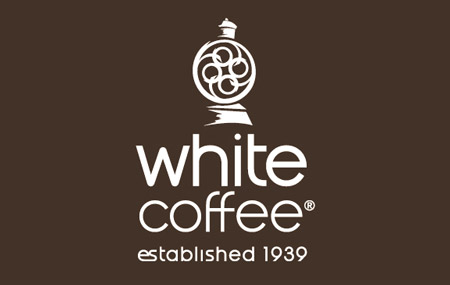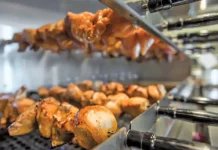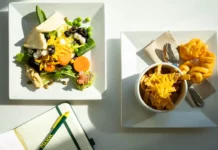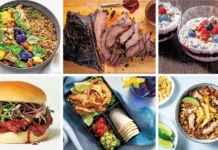
As the calendar turns to springtime, and the world begins to turn a beautiful shade of green, companies throughout the foodservice industry are thinking how they can improve their “green footprint” in the community. Companies can have many potential platforms:
• Does your company have an energy conservation program? The various elements could include reduction in the use of electricity, water and natural gas. For example, the Con Edison green team can collaborate to help replace existing inefficient light fixtures with state of the art energy efficient light fixtures. In addition, companies can have goals to reduce their use of water and gas by a certain percentage and adopt policies or machinery to help meet these goals.
• How do you handle waste removal? Many carting companies will partner to develop a comprehensive recycling program so that all waste products are put to their best potential use
• Are your vehicles eco-friendly, and are equipped with diesel exhaust fluid (DEF) technology?
• Do you maintain your operation in a manner that meet or exceed the DEP requirements for air pollution?
• How are employees trained to insure proper reaction in the event of safety issues? Training can be beneficial in such areas as hazard communication (HAZCOM), SQF, and HACCP. With the new food safety requirements, these topics are more critical than ever- and more and more customers will require assurance that you are in compliance.
• Most importantly, does your company source, produce and promote its product range to minimize the environmental impact of both production and distribution? Current consumers are conscious and concerned both with their health and the environment at large. According to Neilson’s 2015 Global Health & Wellness Survey that polled over 30,000 individuals online, 88% of those polled are willing to pay more for healthier and functional foods. For example, in the coffee world, there are products such as USDA certified organic coffees, Rainforest Alliance Certified coffees, Green Restaurant Association certified products, Fair Trade Coffees, UTZ certification, and more. One of the more cutting edge concepts is biodynamic products, where this movement (begun in Europe over a century ago) strives to “create a diversified, balanced farm ecosystem that generates health and fertility as much as possible from within the farm itself”. To underscore the growth of this sector, over the past decade, the market share of these products has gone from zero to a share of 8% of the global coffee industry- clearly suggesting that sustainable coffees are no longer a small niche.
And by the way, it’s not just the actual product that can be “green”; in the packaging realm, there are recyclable, biodegradable or compostable materials available.
In addressing these projects, it is challenging enough to incorporate all of these topics at the same time. In addition, within each area, there are multiple “steps” that can be taken to improve one’s profile- and one must work with existing staff, inventory, and customer preferences as one makes the changes.
Instead, an approach more likely to be successful is to make this an overall corporate initiative, where progress occurs over time and in gradations. Outside consultants can help drive the change, but the change will only occur when ownership and the management team understand the importance and value of this initiative, and commit to incorporating these goals throughout the company. Companies need to be committed to be a leader in its industry in minimizing the effect of its activity on the environment, and be committed to managing environmental, health and safety (EH&S) matters as an integral part of its business.
Jonathan White is the Executive Vice President at White Coffee Corporation in Long Island City, NY. Learn more about how Jonathan and his team can help you at www.WhiteCoffee.com.























